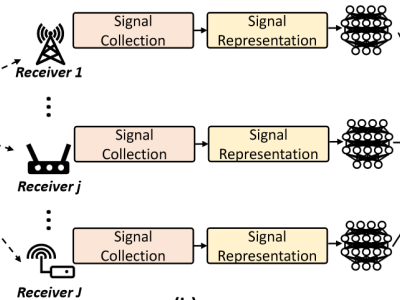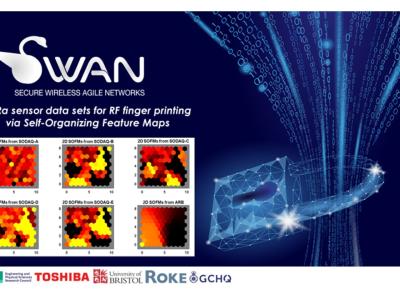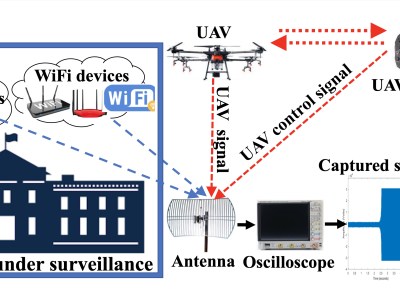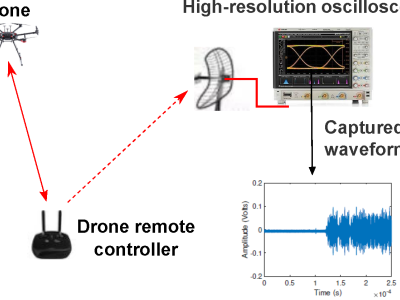
- Categories:


This data repository contains data sets for the RF finger printing of LoRa sensors as described in the paper by Manish Nair, Shuping Dang & Mark Beach, “IoT Device Authentication Using Self-Organizing Feature Map Data Sets” as submitted for review to the the IEEE Communications Magazine. This contribution relates to this call for papers https://www.comsoc.org/publications/magazines/ieee-communications-magazine/cfp/data-sets-machine-learning-wireless .

This article presents the details of the Cardinal RF (CardRF) dataset. CardRF is acquired to foster research in RF- based UAV detection and identification or RF fingerprinting. RF signals were collected from UAV controllers, UAV, Bluetooth, and Wi-Fi devices. Signals are collected at both visual line-of-sight and beyond-line-of-sight. The assumptions and procedure for the data acquisition are presented. A detailed explanation of how the data can be utilized is discussed. CardRF is over 65 GB in storage memory.

This dataset contains RF signals from drone remote controllers (RCs) of different makes and models. The RF signals transmitted by the drone RCs to communicate with the drones are intercepted and recorded by a passive RF surveillance system, which consists of a high-frequency oscilloscope, directional grid antenna, and low-noise power amplifier. The drones were idle during the data capture process. All the drone RCs transmit signals in the 2.4 GHz band. There are 17 drone RCs from eight different manufacturers and ~1000 RF signals per drone RC, each spanning a duration of 0.25 ms.